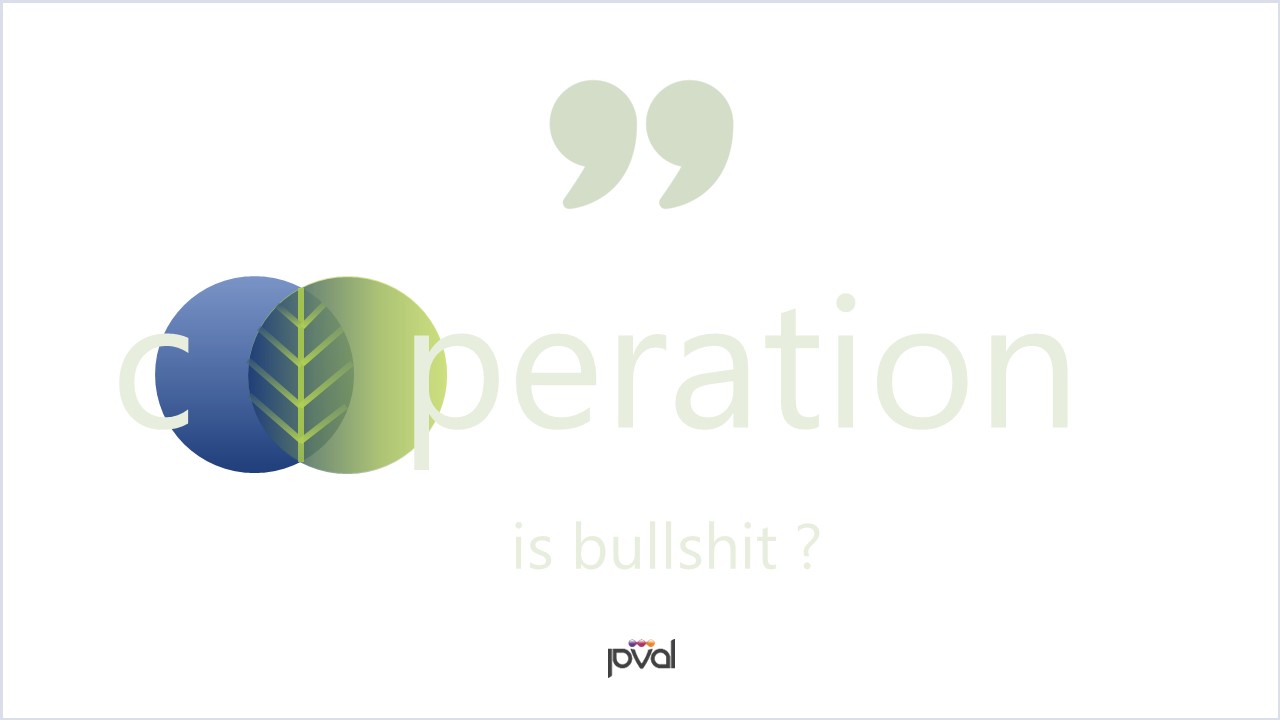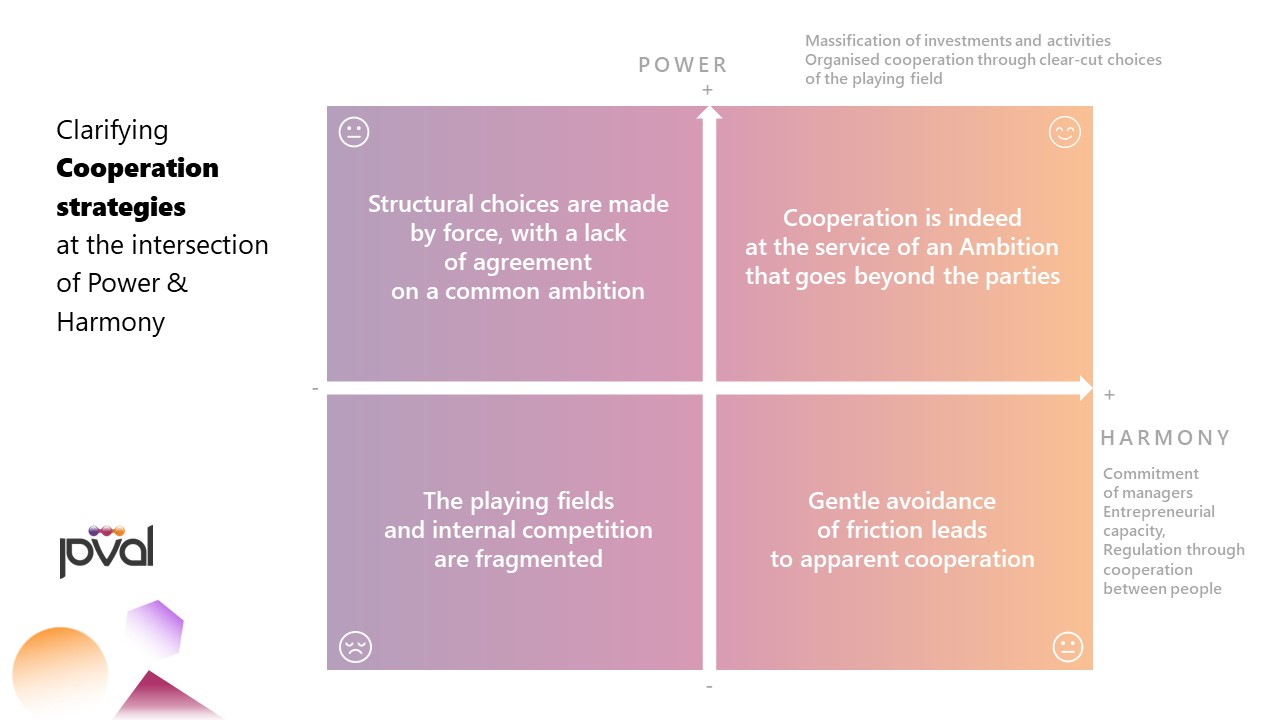Cooperation is bullshit ?
The automotive sector is structurally cooperative
Indeed, it is dictated by very important size effects. It is necessary to massify in order to amortize investments. The key indicator is the number of cars produced. Factories must be able to produce cars of different brands. And the list of cooperative ventures to be organised within the same group as between competing groups which join forces on a specific subject (engines, batteries, electronics, etc.) could easily be extended.
So how do we understand the following story?
Carlos Tavares, CEO of Stellantis, convened his first management committee following the PSA – FIAT merger and declared to his managers, the heads of the brands and cross-functional departments, “Cooperation is bullshit, you are Competitors”. The managers remained silent. They looked at each other, without really knowing the consequences of this statement. And knowing the iron fist of Carlos Tavares, it was not a joke: which member would be the first to disappear from this cenacle, devoured by internal competition?
Carlos Tavares is perfectly aware of the absolute necessity to cooperate, but not at any price
He is fully aware of the need to cooperate both internally and with competitors or very different groups. He has shown this for example by wanting to engage with Amazon on the design of the digital cockpit of cars (see our article).
But what he does not want is for cooperation to be a pretext for a performance deficit.
Let’s take a simple situation, in which one of your managers would say to you: “Since I wanted to cooperate with such and such an entity for the overall good of the group, I gave up buying these components cheaper from outside…”. What would you say to that?
- “You are right, the overall gain is positive because the entity with which you cooperated was able to ensure its profitability … and thus you contributed to increasing harmony between managers within the group.”
- “You are wrong because you paid too much, which has an impact on the margin of your vehicles, and you did not encourage the other entity to make radical efforts to keep up with the competitive market… and thus you contributed to a loss of power within the group.”
Carlos clearly chose the second answer 2). It is the hardest, the most demanding for the managerial community. It is the least “intellectual” answer: no clever calculation of optimisation at the group’s limits. “Take the benefit now, then we’ll see. This is the Merchant World at its best, even before the Industrial World.
We are not all Carlos Tavares 😊 and our companies, our managers, in the long term have a real need for harmony. How to find the right balance?
I suggest a more modular approach to cooperation.
Imagine a matrix with four boxes: Power x Harmony. The ideal box is of course Strong Power and Strong Harmony, the one to be avoided at all costs is its symmetric. It is the other two boxes that are interesting according to the dynamics they generate. Thus Carlos Tavares clearly favours the Strong Power and Weak Harmony box.
P-VAL Conseil can thus guide you in the dynamics of your cooperations, to build your own World of Cooperation, the one that responds to your strategy, with a pragmatic approach on the four boxes of this matrix
Laurent Dugas
You want to know more ? Contact us !


